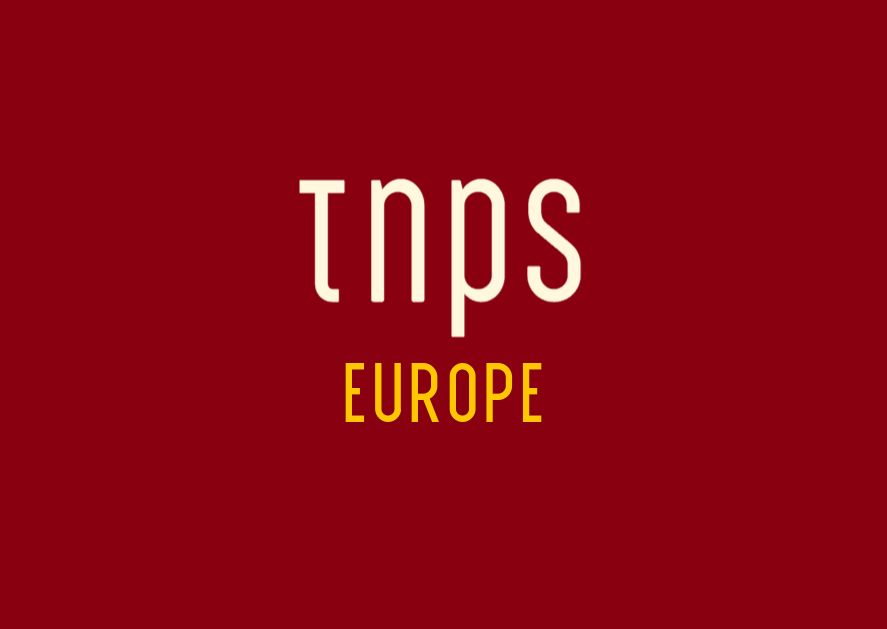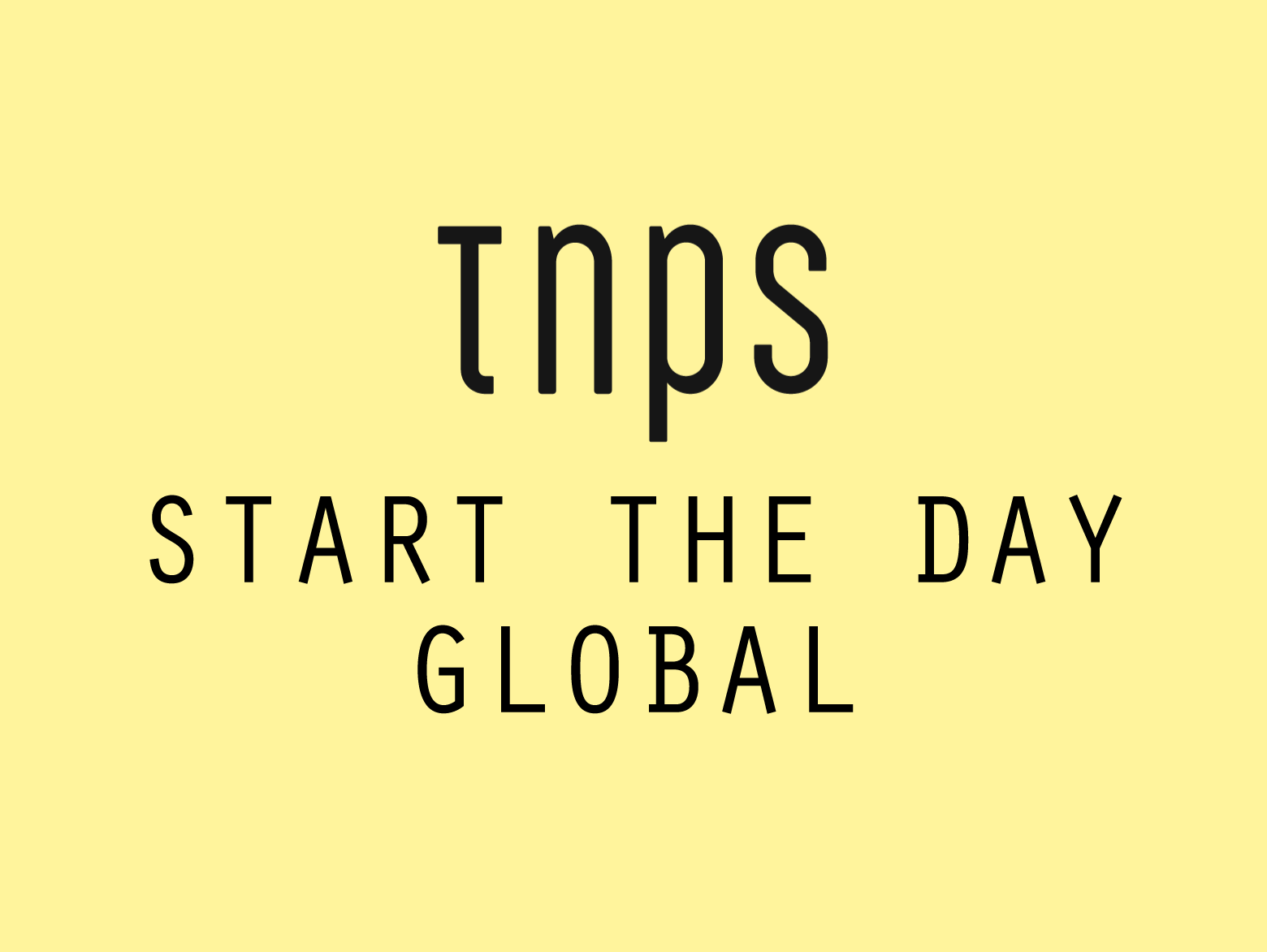One reason digital books haven’t, mostly, take off as they did in the US this past decade has been the VAT rate which, in the EU, meant digital books were treated as services and therefore attracted a higher duty than regular printed books.
Following an EU ruling last year individual countries have the right to set their digital books VAT rate as they see fit, and already Belgium, Ireland, Luxembourg, Malta and Portugal have reduced the levy on ebooks and audiobooks. Too soon to say what impact that had on those markets, but one would imagine it cannot be other than positive.
Austria, Germany and Netherlands are due to bring their VAT rates down on January 1 2020, and another five nations are set to make the change on July 1 in a few days time.
The Czech Republic and Finland will see the VAT rate drop to 10% from, respectively, 21% and 24%.
Sweden’s VAT rate for ebooks and audio will drop from 25% to 6%.
Poland will see the rate drop from 23% to 5%.
And Norway, not actually in the EU but joining in the fun, will drop its VAT on digital books from 25% to an impressive 0%.
Among the countries yet to announce a decision, and thus maintaining the status quo that makes ebooks and audiobooks a costly choice, is the UK. And with the Brexit debate still in full frenzy it’s unlikely we’ll see any decision taken anytime soon.
That’s a shame on many fronts, but not least because the UK is by far the largest European market for ebooks and so a substantial reduction or even, Norway style, the effective abolition of VAT on digital books, could really shake up the UK book market.
But the real question is whether it will happen at all. Right now digital books in the UK attract the 20% VAT levy, while printed books are exempted, carrying a 0% VAT rate. And that poses two challenges for those that would like to see the UK VAT rate slashed for ebooks.
First, the government stands to say goodbye to a lot of revenue if ebooks were given the same status as print books. In the face of heavy pressure from the industry to reduce the rate it might reconsider, but that brings us to the second challenge.
That is, that the bigger publishers have a vested interest in not having ebooks become too competitive against print. Not because they dislike ebooks but because, while print is holding steady, independent bookstores and seeing growth and Waterstone’s has miraculously recovered its composure, Amazon pretty much owns the UK ebook market and anything that causes a shift towards digital inevitably hands more leverage to Amazon
We’ve already seen that in action since the Hachette-Amazon dispute, where the bigger publishers chose to raise digital prices and see ebook sales slump rather than risk giving Amazon still more leverage.
So while much of Europe will start the next decade with lower VAT on ebooks, the UK may well hold out for many years to come.
Figures and dates via Avalara.






Like i said my heart has always been clean n true for you i cant even think how life is gona be with out you n how im gona live it with out you by my side
Beautiful article.
Hi Mark,
It is really nice article. It would be better to reduce EU VAT for eBook. People will encourage reading book.
Thanks
Alex